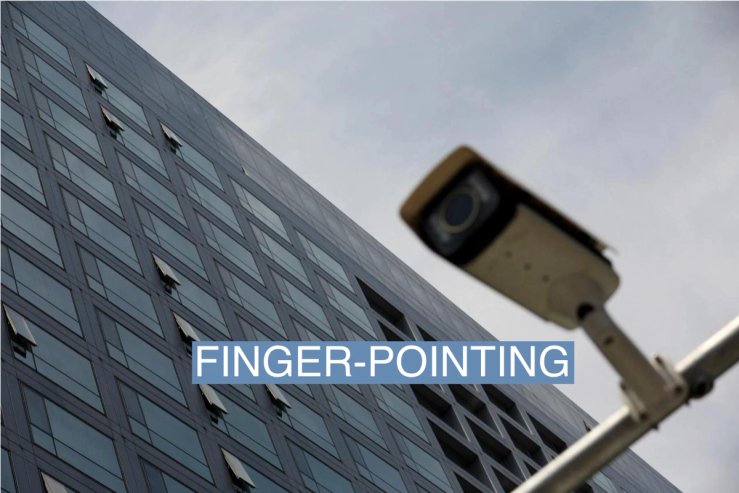The News
China accused the United States of suppressing free speech in a newly published report, saying “freedom of speech in the United States is one for domestic politicians and interest groups, and another for ordinary people.”
The U.S. “often manipulates international public opinion” to “maintain its hegemony,” the report from the country’s Foreign Ministry alleged, saying the country uses social media to launch psychological warfare and suppress anti-war rhetoric.
The report cited Washington’s attempts to crackdown on TikTok as an example. A bill that would force Chinese parent ByteDance to sell the app or face a ban in the U.S. — which China has vehemently opposed — has garnered bipartisan support on Capitol Hill.
“Freedom of Speech in the United States is not worthy of the name,” the report claimed, asserting that the U.S. government “colludes” with the media to achieve its political goals.
SIGNALS
US calls China’s accusations ‘supremely ironic’
The United States’ top diplomat in China called Beijing’s anger toward the potential TikTok ban “supremely ironic,” pointing out how many platforms the Chinese government has restricted access to. “They don’t give their own citizens the right to use X, to use Instagram, to use Facebook, to have access to Google,” Ambassador Nicholas Burns said in an interview with Bloomberg Television.
A spokesperson for the Chinese Embassy in Washington told Newsweek that the nation welcomes foreign platforms “on the premise that they observe China’s laws and regulations.”
“This is completely different from the U.S. way of handling TikTok, which is clearly a bullying act and robbers’ logic,” Liu Pengyu said.
Chinese media says US has ‘double standard’ for free speech, market competition
After the United States’ House passed the bill that would force TikTok’s parent company to divest the app or risk a nationwide ban, Chinese nationalists condemned the U.S. government for trying to quell speech on social media, Semafor reported. Chinese state-run tabloid the Global Times accused the U.S. of hypocrisy, saying the nation has a “double standard on freedom of speech in the internet field, stigmatizing China for what it calls ‘digital authoritarianism’” while also stifling speech.
On Chinese social media platform Weibo, which is heavily censored, “TikTok fights back” became a trending topic this week. “Many commenters characterized the bill as theft and questioned Washington’s commitment to free-market competition,” The New York Times reported.
Trump tried to turn Chinese citizens against Beijing — but his method could backfire
As the U.S. pointed out Beijing’s hypocrisy in lecturing on freedom of speech, a new investigation revealed a clandestine attempt by Washington to influence public opinion in China.
In 2019, then-President Donald Trump launched a secret CIA campaign on Chinese social media “aimed at turning public opinion in China against its government,” Reuters reported. U.S. officials told the news agency that the operation was in response to China doing the same thing to the U.S. for years. The covert operations were meant to “foment paranoia among top leaders there, forcing its government to expend resources chasing intrusions into Beijing’s tightly controlled internet,” the officials said.
However, U.S. efforts to sneak anti-Beijing messaging into the country could backfire if China calls out American hypocrisy in “intervening in the internal affairs” of countries when it benefits them, one CIA analyst told Reuters.



